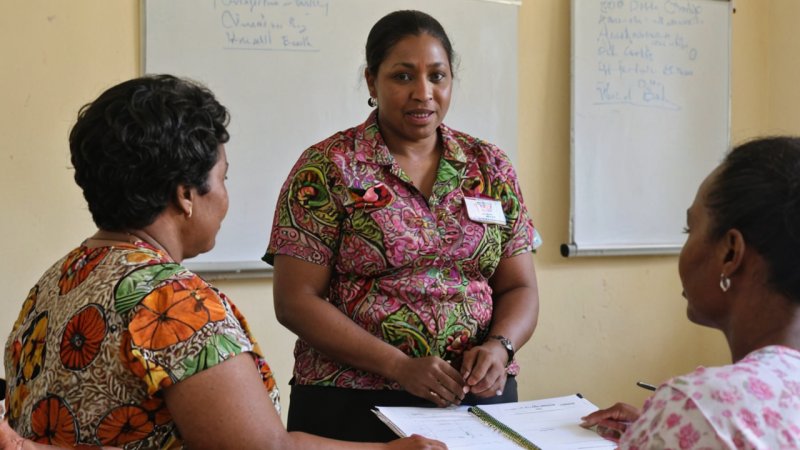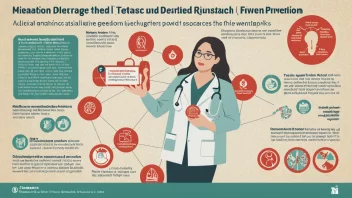Community health workers (CHWs) play a vital role in bridging the gap between healthcare systems and the communities they serve. As frontline healthcare providers, CHWs are often the first point of contact for individuals seeking medical assistance. Their unique position allows them to provide culturally competent care, educate the public about health issues, and promote healthier lifestyles within their communities.
One of the key functions of CHWs is to deliver preventive care. They engage in activities such as health screenings, immunization drives, and educational workshops. By focusing on prevention, CHWs help reduce the burden of diseases and lower healthcare costs in the long run. For example, in underserved areas where access to physicians is limited, CHWs can provide essential services that lead to early detection of illnesses, thereby improving health outcomes.
In addition to preventive care, CHWs also assist with chronic disease management. They provide support to individuals with conditions like diabetes or hypertension by helping them understand their health status, adhere to treatment plans, and make lifestyle changes. This personalized approach fosters a sense of accountability and empowerment among patients, which is crucial for effective disease management.
Moreover, CHWs serve as vital links between healthcare providers and the community. They facilitate communication and ensure that health information is conveyed in a way that is understandable and relevant to the local population. This is particularly important in diverse communities where language barriers and cultural differences can hinder effective healthcare delivery. By speaking the local language and understanding cultural nuances, CHWs can advocate for their community's needs and ensure that healthcare services are accessible and equitable.
Research has shown that the involvement of CHWs in healthcare delivery can lead to improved health outcomes. For instance, a study published in the Journal of Community Health found that communities with active CHW programs experienced lower rates of hospitalizations and emergency room visits. This not only benefits the individuals receiving care but also alleviates pressure on the healthcare system as a whole.
Despite their significant contributions, CHWs often face challenges such as lack of funding, insufficient training, and limited recognition within the healthcare system. Addressing these issues is essential to enhance the effectiveness of CHWs and ensure they can continue to serve their communities. Investment in training programs, adequate compensation, and integration of CHWs into formal healthcare teams are critical steps that can strengthen their impact.
In conclusion, community health workers are indispensable assets to healthcare delivery, particularly in underserved populations. Their ability to provide preventive care, manage chronic diseases, and bridge communication gaps makes them crucial in promoting health equity. As we move towards a more inclusive healthcare system, recognizing and supporting the role of CHWs will be essential for achieving better health outcomes for all.






